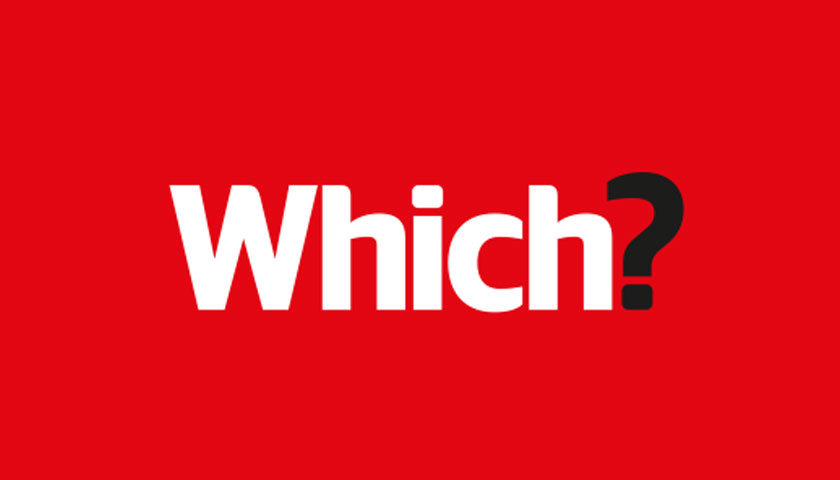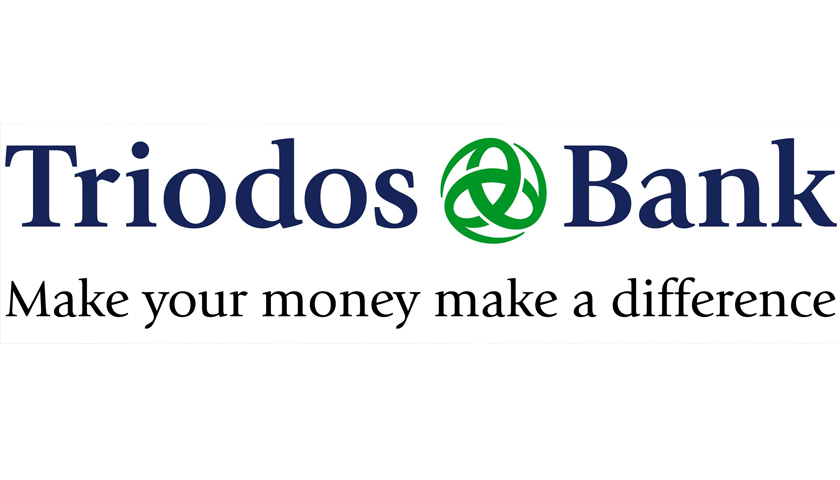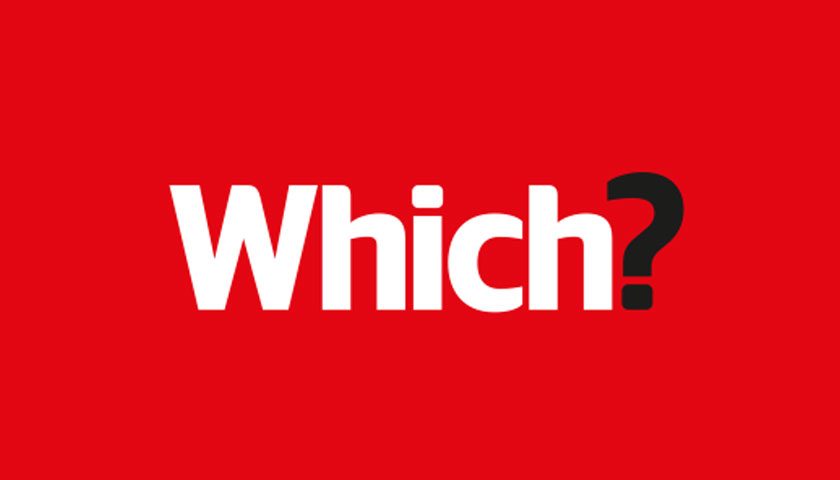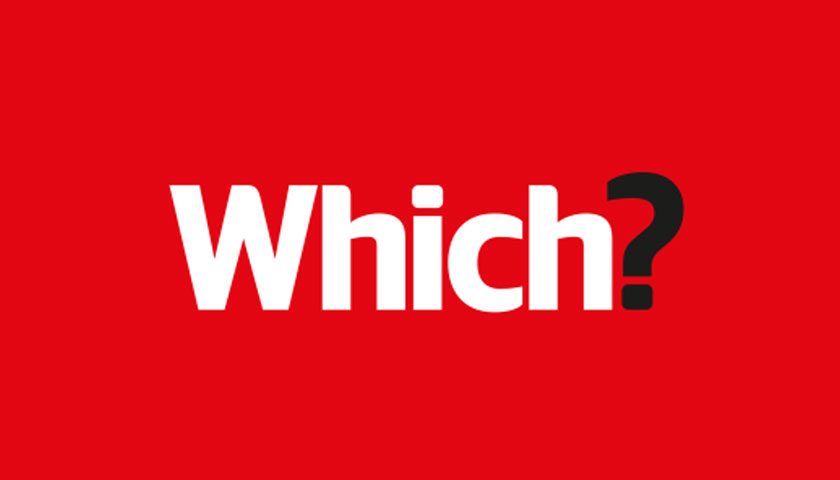Millions of households are struggling to get their finances back on track after the post-festive crunch as the number of missed payments on mortgages, utility bills and other essential spending remains stubbornly high, according to Which?’s Consumer Insight Tracker.
January is usually the month where the highest number of households tend to miss or default on housing, bill, loan or credit card payments, as people face a reckoning over the cost of Christmas. Usually, this figure is lower in February and March as people get their finances under control – however this year it has stayed worryingly high.
An estimated 2.5 million households (8.8%) missed or defaulted on a payment in March, compared to the 8.2% and 8.1% seen in January and February respectively, Which?’s latest Consumer Insight Tracker report found.
It is rare for the rate to stay so high for multiple months. With the exception of December, the rate has remained at around or above eight per cent since September 2022.
Which?’s research comes days before painful increases to many household bills across energy, broadband and mobile, water and council tax. With millions of people already struggling, the findings underline the need for the government and companies in essential sectors to support the most financially vulnerable.
When it came to making adjustments to manage cost of living pressures, six in ten (60%) households surveyed in March 2023 reported making at least one adjustment to cover essential spending such as utility bills, housing costs, groceries, school supplies and medicines in the last month. Adjustments include cutting back on essentials, dipping into savings, selling possessions or borrowing. This is consistent with the level seen for the past few months.
The adjustment rate increased drastically in the first few months of 2022, going from four in 10 (42%) in December 2021 to six in 10 (59%) just four months later, in April 2022. Since then, it has remained at around this level, varying between 56% and 65%.
In more positive news, Which?’s latest consumer insight research found that, although pressure on household finances is high, consumer confidence appears to be recovering slightly.
A fifth (21%) of consumers said they think the UK economy will get better over the next 12 months, whilst 54 per cent said they think it will get worse, giving a net confidence in the future economy of -33. This is a significant improvement on the -68 seen six months ago, but still below the levels (-17) seen just before the pandemic.
The government keeping the Energy Price Guarantee at £2,500 and removing the pre-payment meter penalty in the short-term are important steps in the right direction which will offer a much-needed lifeline to households that continue to be battered by high inflation, but further action is needed.
Which? is calling on essential businesses – such as supermarkets, energy and telecoms providers – to ensure that they step up and help people as much as possible during the cost of living crisis.
For consumers struggling to make payments, there is support available. For payments like mortgages or rent, it is important to talk to lenders or landlords in the first instance, as they may be able to help with a plan to make the costs more manageable.
Rocio Concha, Which? Director of Policy and Advocacy, said:
“Our research suggests millions of households are struggling to get their finances on track amid huge pressure on the cost of living. This should set off alarm bells, particularly as painful increases to many essential bills are due to take effect in a matter of days.
“Our findings underline the need for the government and companies in essential sectors – such as supermarkets, energy and telecoms providers – to do everything in their power to support consumers, particularly those struggling financially, through this incredibly difficult time.”



